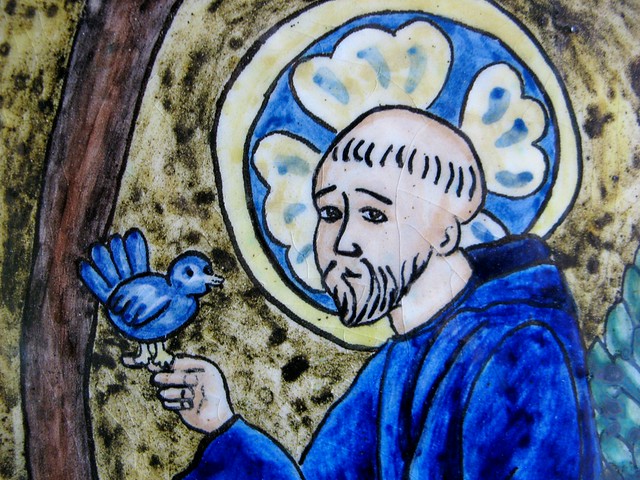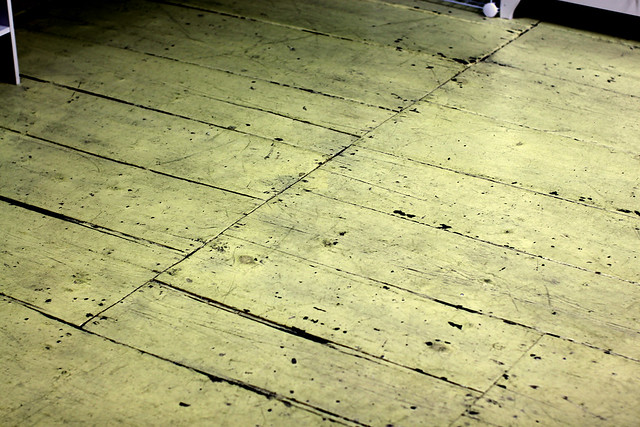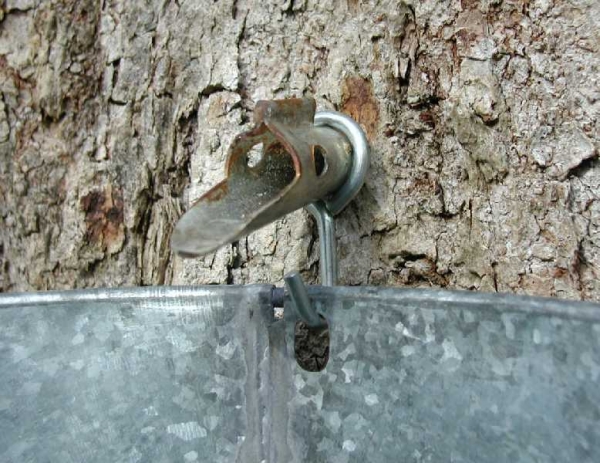
My four oldest children and I walk slowly along the sidewalk on our way to church, the morning sun just beginning to rise above the buildings that line Queen Street. Maile is feeding Leo and they will walk to church later. The city is quiet on Sunday mornings, like the silence after a long sigh. Nights here are busy, cars always moving, people coming and going from one streetlight to the next. But on Sunday morning you could just about walk down the middle of the street and no one would notice.
There is a man sitting on his front stoop, newspaper in hand. He looks up at us through defeated eyes. I say hello. He nods and looks back down at his paper. Abra runs ahead of us, skipping over the cracks in the sidewalk. Sam reaches up and holds my hand. So does Lucy. Cade tells old stories about our family, stories that have become a kind of folklore.
There is the story about when Rosy the Rabbit tried to eat Sam alive. There is the story about how Abra found the hidden stash of 4,652 chicken eggs under the log pile. They talk about the house where we lived on Belmont Street, how Abra fell and hit her head on the bus during our cross-country trip, how I was the only one to see the bear at Yellowstone.
Story after story, and I realize something: every time these stories are retold, they reinforce our family identity. They strengthen the foundation of acceptance and love that these children feel in our home. I laugh and ask more questions.
“Do you remember the time…”
* * * * *
We arrive at St. James and I drop them off for children’s choir practice, then wander into one of the neighboring buildings. There’s a class being held on St. Francis, so I slip in and listen. Father David hands me a card. On one side is a beautiful image of a crucifix surrounded by images of prayer. On the other side this is written:
Prayer of St. Francis
Before the Crucifix
Most high, glorious God,
Enlighten the darkness
of my heart
and give me true faith,
certain hope
and perfect charity,
sense and knowledge, Lord,
that I may carry out
Your Holy and
true command.
* * * * *
“The evidence of our Christianity,” Father David says during the sermon, “is not found primarily in the financial gifts we give to this church. The evidence of our Christianity is found in our coming together and offering of our selves, our talents, and our time to one another and to the world.”
I think he is right. The primary act of Christ on this earth was not the giving of financial resources, but the giving of himself. I think the American church, in spending so much time asking for money and so little time asking that each Christian give themselves, is missing the mark and creating, not little Christs, but little accountants.
* * * * *
We walk home and Leo starts to cry a little because he is hungry. The sun is a bright light behind us now, high in the sky, hot for a late September day in Lancaster. Sammy runs towards a trash can to throw away his water bottle, and he trips and falls, scuffing his hands. He cries, I pick him up, and the rest of the kids circle around him.
“Are you okay, Sammy?” one of them asks.
“Did you hurt yourself?” another one inquires.
He is okay, and we continue our walk. When we get close to the house we see my parents sitting on the porch, waiting to eat lunch.
* * * * *
Late that night I take out the dog (yes, we have a dog – that’s another story), and listen to the city at night: trucks rumbling through, sirens screaming from the hospital, someone shouting to someone else out on James Street. And I think about one line from that prayer on the card Father David handed to me:
that I may carry out
Your Holy and
true command.




